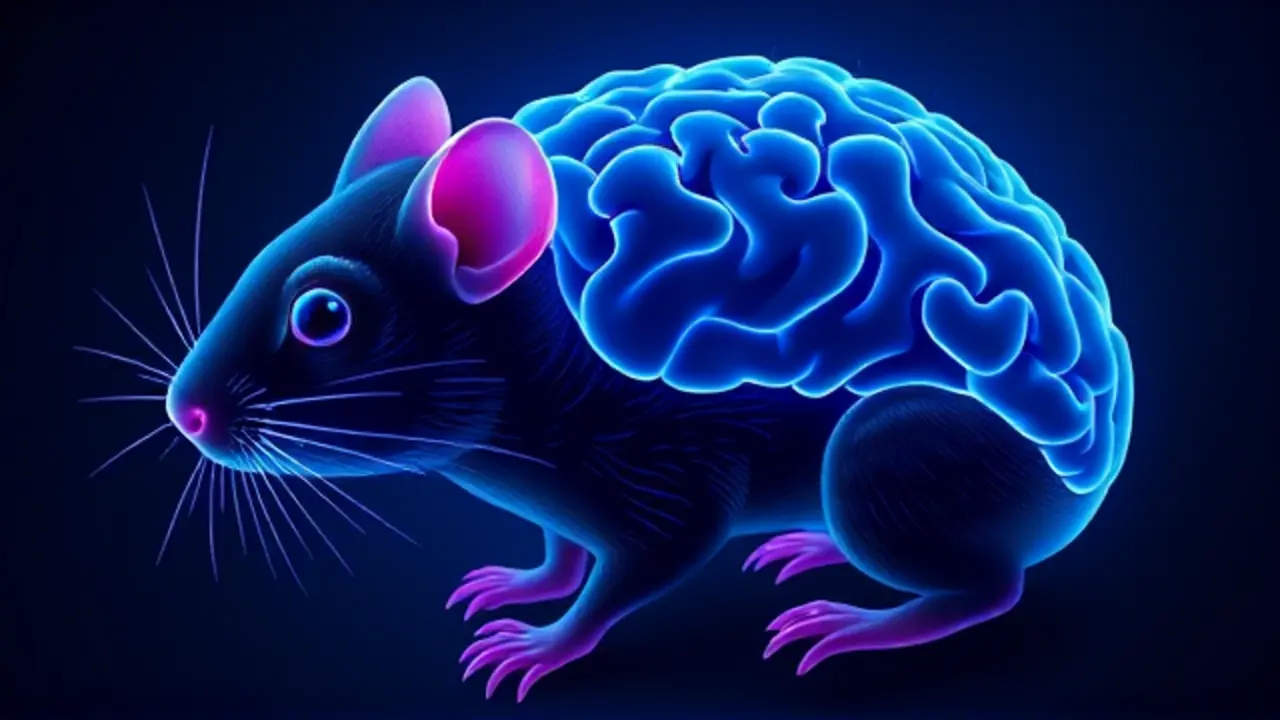Keto diet shields young minds from early-life trauma
In a fascinating development at the intersection of nutrition and neurobiology, a recent preclinical study has demonstrated that a ketogenic diet can act as a powerful shield for the developing brain, protecting young rats from the detrimental behavioral and mental effects of prenatal stress. This isn't just another fad diet story; it's a profound look into how metabolic state can fundamentally reprogram neurological resilience.The research, which I find incredibly compelling as someone who lives at the crossroads of biotechnology and future medicine, involved subjecting pregnant rats to stressors, a well-established model for inducing anxiety-like behaviors and social deficits in their offspring. The critical intervention came postnatally, where one group of these vulnerable young rats was placed on the classic high-fat, very-low-carbohydrate ketogenic diet, forcing their bodies to shift from using glucose to fat-derived ketones as a primary fuel source.The results were striking. While the control group on a standard diet exhibited the expected sequelae of early-life trauma—increased anxiety, social withdrawal, and cognitive hiccups—the keto-fed pups were largely insulated from these outcomes.Their brain development appeared safeguarded; they were more sociable, more exploratory, and their neural circuitry seemed to have been fortified against the initial insult. The mechanistic hypothesis, which aligns with what we're learning about metabolic psychiatry, points to ketones being more than just an alternative fuel.They are potent signaling molecules that can enhance mitochondrial function, reduce neuroinflammation, and increase the production of GABA, the brain's primary calming neurotransmitter, thereby creating a more resilient and balanced neural environment during a critical period of development. This research, while preliminary, is a beacon for the concept of early dietary interventions.Imagine a future where, instead of waiting for mood and social disorders like anxiety or autism spectrum-related challenges to fully manifest, we could deploy targeted nutritional strategies during infancy or early childhood as a preventative measure. It's a paradigm shift from treatment to pre-emptive fortification.Of course, the leap from rodent models to human infants is a vast one, fraught with complexities—long-term impacts on growth, metabolic health, and the sheer practicality of maintaining such a strict diet in a young child are significant hurdles that demand rigorous clinical trials. Yet, this work undeniably paves a new avenue for exploration, suggesting that the keys to unlocking better mental health may not only lie in our genes or our environment alone, but profoundly in the metabolic interface between the two—the very food we use to build our minds from their earliest moments.
Latest News
JWST may have found the Universe’s first stars powered by dark matter
4 days ago0 comments
Indian Startup Airbound Raises $8.65M for Rocket Drone Deliveries
4 days ago0 comments
Nobel winner warns Europe is losing tech race.
4 days ago0 comments
Chinese Scientists Restore Ancient Love Poem with AI
4 days ago0 comments
Scientists build artificial neurons that work like real ones
4 days ago0 comments
Popular hair-loss pill linked to depression and suicide
4 days ago0 comments
This new blood test can catch cancer 10 years early
4 days ago0 comments
Hong Kong Entrepreneur Fights Dementia with Cultural Games
4 days ago0 comments
It’s quiet here...Start the conversation by leaving the first comment.
© 2025 Outpoll Service LTD. All rights reserved.
